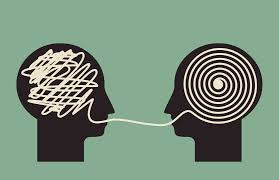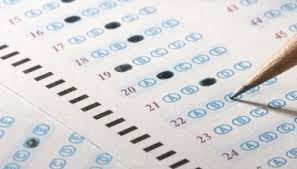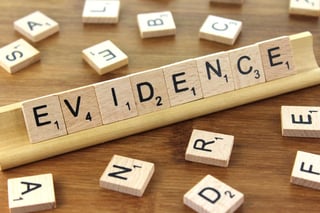 This week, we will go over a practice problem from the Logical Reasoning Section of the June 2007 LSAT.
This week, we will go over a practice problem from the Logical Reasoning Section of the June 2007 LSAT.
Law School News and LSAT Strategy
Stay current with the latest law school admissions news and proven LSAT strategies.
Posts about lsat logical reasoning (3):
LSAT Tip of the Week: Three Types of Analytical Reasoning Questions
There are three major types of Analytical Reasoning, or Logic Game, questions. These include sequencing, grouping, and matching games. This week we will talk about how...
LSAT Tip of the Week: Logic Games & Diagramming
The LSAT Analytical Reasoning, or Logic Games, can seem daunting if you walk in without a game plan. This week we will briefly discuss diagramming to give you a solid...
LSAT Tip of the Week: Logical Reasoning Strategies
 The logical reasoning section can be one that you feel like you could only truly perfect if you had all of the time in the world. So, this week we will focus on time saving tips and tricks that will ensure that you get the best score possible. The first step is simple, just carefully read through the question. Before taking a look at the answer choices, try to come up with a possible answer in your head and maybe even quickly write it down. You can read a variety of scenarios on how to “pre-phrase” your answer on Powerscore. Once you have your pre-phrased answer, read through each answer choice. Since you pre-phrased your answer you know what you are looking for in the answer choices, so either in your head or on your exam say if the answer choice could be viable or not. Once you have eliminated any that are completely wrong, go back and carefully read the 2-3 options that may be correct and find the one that is the most accurate. Practice this technique and by the time your LSAT rolls around, you will be breezing through the logical reasoning section and can spend the extra time focusing on the harder questions.
The logical reasoning section can be one that you feel like you could only truly perfect if you had all of the time in the world. So, this week we will focus on time saving tips and tricks that will ensure that you get the best score possible. The first step is simple, just carefully read through the question. Before taking a look at the answer choices, try to come up with a possible answer in your head and maybe even quickly write it down. You can read a variety of scenarios on how to “pre-phrase” your answer on Powerscore. Once you have your pre-phrased answer, read through each answer choice. Since you pre-phrased your answer you know what you are looking for in the answer choices, so either in your head or on your exam say if the answer choice could be viable or not. Once you have eliminated any that are completely wrong, go back and carefully read the 2-3 options that may be correct and find the one that is the most accurate. Practice this technique and by the time your LSAT rolls around, you will be breezing through the logical reasoning section and can spend the extra time focusing on the harder questions.
LSAT Tip of the Week: The Logical Reasoning Section
In order to truly master the logical reasoning section on the LSAT you must first master the different types of questions that you may encounter. Learning to identify...
LSAT Tip of the Week: Understanding the Author's Premise
 The Argument Section on the LSAT requires a brain in critical thinking mode. This article by Magoosh outlines why it is such an important section. You must be able to identify the author’s conclusion, or the point they are trying to make, as well as the evidence used to support that argument. In this article we will focus on the evidence, also called the author’s premise. Let’s consider this example:
The Argument Section on the LSAT requires a brain in critical thinking mode. This article by Magoosh outlines why it is such an important section. You must be able to identify the author’s conclusion, or the point they are trying to make, as well as the evidence used to support that argument. In this article we will focus on the evidence, also called the author’s premise. Let’s consider this example:
